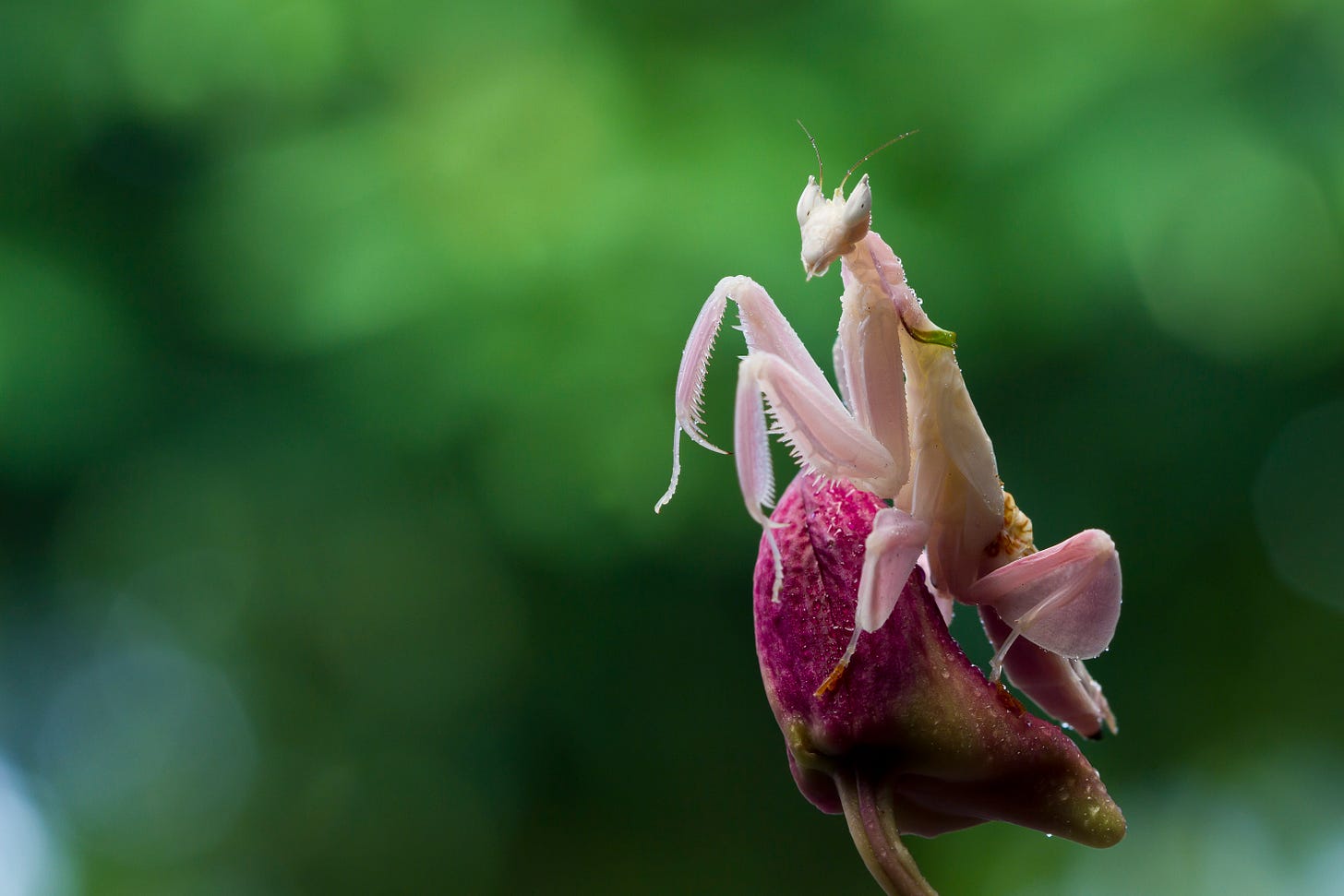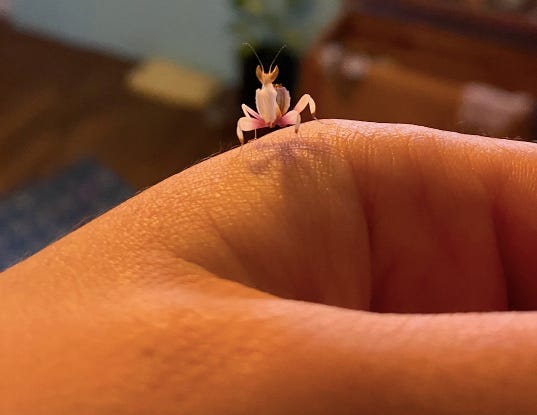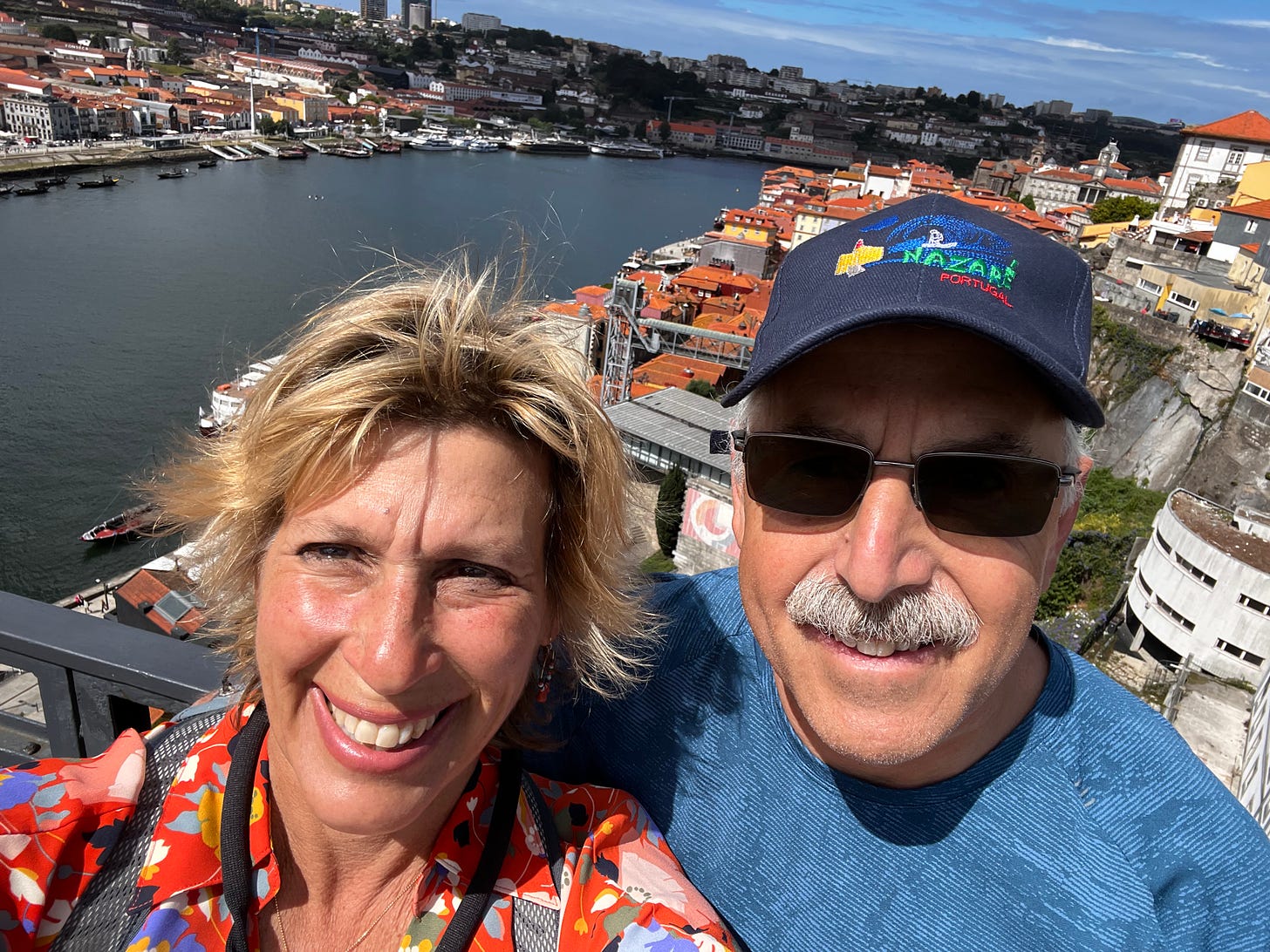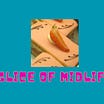Metamorphosis
On the brink of 60, while healing from unexpected surgery, Alison Krupnick bonds with her daughter’s molting orchid mantis.

When I received the news that Cheryl, my daughter’s orchid mantis had died, my husband Jeff and I were driving north with a cooler full of picnic treats. It was a typical Pacific Northwest spring Sunday. The weekend had started off sunny, but the further north we drove, the grayer the sky and the cooler the temperature. I knew I would be chilly in my dress. I’d been cold for six weeks and had been looking forward to consistent warmth, though I should have known better. Springtime in the Pacific Northwest is notoriously unpredictable. Wait five minutes and the weather will change.
Six weeks earlier, Cheryl had been molting while I was in the hospital recovering from emergency surgery. A benign tumor on my large intestine had caused an intussusception—a painful condition in which the intestine folds in on itself. It had taken several agonizing days and a stint in my neighborhood emergency room to reach this diagnosis, culminating in a dramatic midnight ride to the hospital, a bowel resection to remove the growth, and a surgically created stoma on my abdomen that would funnel my waste into an ostomy bag until the inflammation subsided and I could be put back together again in three months. I felt like I’d had a crash course in anatomy, resulting in a newfound appreciation of human bodily functions.
Cheryl, my daughter’s orchid mantis, had been molting while I was in the hospital recovering from emergency surgery. A benign tumor on my large intestine had caused an intussusception—a painful condition in which the intestine folds in on itself.
Thanks to Melanie, who was finishing her senior year of college online while living in the basement of a group house on the East Coast, I was also learning to appreciate the intricate workings of insects. Orchid mantises, whose lifespan lasts only a matter of months, molt several times. This can be stressful to watch if you are their caregiver. But Melanie was patient and attentive. Cheryl was weak after her first molt and Melanie lovingly fed her bugs. “Cheryl is eating,” she happily told me in an early morning phone call—the three-hour time difference meant that she was often the only person awake and available to talk when I couldn’t sleep after the 4:00 a.m. hospital blood draw, and I was grateful for her companionship. I was getting ready to start eating too, so we reviewed the hospital menu together and she helped me select items for my first breakfast of solid food.
Once I was back home, Cheryl and I grew stronger in tandem. “Cheryl ate five bugs!” Melanie exclaimed during one weekend call. I had made a rapid shift from liquid, to solid, to low-fiber foods and had pretty much returned to my normal diet. I can’t remember what I ate that weekend, but it was the equivalent of five bugs.
Meanwhile, I was learning how to manage life with an ostomy bag.
The cumbersome placement of the “appliance” on my abdomen meant that I had limited pants options. I ordered some loose-fitting dresses to round out my wardrobe and to stay warm, wrapped myself in the colorful shawls I had collected on travels over the years. “Add a hat and you’ll look like an influencer,” a friend joked. At 59, I usually wore jeans and looked younger than my age. I wondered if this new eccentric look was a preview of coming attractions.
Choosing an orchid mantis as a pet is a strategic move when you are getting ready to graduate from college during a global pandemic, your lease will be ending soon, and you have no idea where life will take you—a milestone kind of like molting. I was impressed that Melanie had chosen Cheryl to help her through this transition. As she finished her online classes, Cheryl sat on her laptop companionably. She attended remote poetry readings and Zoom classes and was complimented for her beauty on Instagram. She was waiting at home when Melanie returned from celebrating her virtual graduation, the only family member to have the opportunity to congratulate her in person. As the name suggests, orchid mantises are flower-like. But Cheryl was more than just a pretty face. Sometimes, if you looked carefully and caught her at the right moment, you could catch her arm in a tiny wave.
Once I was back home, Cheryl and I grew stronger in tandem. “Cheryl ate five bugs!” Melanie exclaimed during one weekend call. I had made a rapid shift from liquid, to solid, to low-fiber foods and had pretty much returned to my normal diet. I can’t remember what I ate that weekend, but it was the equivalent of five bugs.
Everyone was impressed with how quickly I bounced back from surgery, and I kept some of the more challenging details of my situation to myself. Ostomy bag and base changes could be frustrating, often involving me lying down naked while Jeff painstakingly measured my stoma and cut out a base and then placed it just-so, both of us hoping the fit was secure enough to prevent leakage. I developed painful rashes on my stomach, and I worried that colleagues on Zoom calls would misinterpret an involuntary grimace. I was counting down the days till I could have my reversal surgery, desperate to get back to normal. A friend who was battling cancer and I talked about the negative impact of the heroine narrative in illness. But though she and I both pledged to be open about our pain and vulnerability (for me that meant wry social media posts about getting patted down by TSA officers at the airport who gingerly navigated my ostomy bag), we were both hard-wired to be superwomen and returned to early morning bootcamp as soon as our doctors gave us permission.
When I was in my early 40s and my kids were little, it was popular to talk about “the sandwich generation”—late-stage parents like Jeff and me, who had young kids, aging parents and, for us mothers, the specter of menopause to contend with while our kids were going through puberty. I was unprepared for a third element. That on the cusp of turning 60, not only would we still be worrying about our kids and increasingly our parents, but we would also be worried about ourselves.
The news about Cheryl’s demise came via text on that drive north, after a fraught phone call with Melanie about future living arrangements and job prospects that left us all upset. The prior weekend, Jeff and I had gone to Los Angeles to help her younger sister, who was still in college, buy a car, move, and get ready for a new job—a trip which left us both drained and me, still recovering from surgery, physically exhausted.
Now, we planned to rendezvous at a mutually convenient scenic valley with my 83-year-old mother-in-law, who lived alone on a nearby island and was contemplating where she could move to have easier access to companionship and medical care. In addition to worrying about his mother, Jeff also wanted to visit his father, who was in poor health. He had hoped to fly to Michigan between my surgeries, but my appliance was causing me problems and I was afraid to be left alone to manage it. Kids, parents, wife. Jeff sat at the vortex of three generations of need and the can-do person in me felt guilty for adding to his stress instead of being the partner I had always been.
When I was in my early 40s and my kids were little, it was popular to talk about “the sandwich generation”—late-stage parents like Jeff and me, who had young kids, aging parents and, for us mothers, the specter of menopause to contend with while our kids were going through puberty. I was unprepared for a third element.
“Orchid mantises hang upside down and stop eating when they are preparing to molt,” Melanie explained over the phone, when she told us she was worried. “They get very weak and can lose their grip and fall.” And that’s what happened to Cheryl shortly after that conversation. No amount of care or vigilance could prevent her from falling.
Up north, Jeff and I sat at a picnic table overlooking a scenic bay with my mother-in-law, gamely trying to enjoy our lunch despite the chilly wind. We had arranged this day trip to ease her loneliness, anticipating a lovely walk along the beach, followed by a meal in the sun. Instead, we were freezing, wrapped up in jackets and blankets, too cold to enjoy the Mediterranean -inspired picnic Jeff had lovingly packed to tempt his frail mother to eat.
We gave up and headed to the car but stopped when we saw another picnic table sheltered from the wind by a barrier of bushes. We sat down and laughed because we were instantly warm.
The warmth eased the conversation, which prior to that had been a little stilted—us attempting to tell my mother-in-law what was going on with our kids, her former husband, and my health while she attempted to express how overwhelmed she felt by her current living situation and the things that were important to her in finding a new home.
She relaxed on the warm bench and said, with a whimsical look in her eyes, “The other night I had a strange dream. God came to me and asked me if I wanted to be reborn after I died. I had to think about it. Diapers, colic? Would I want to experience that again?”
In a way, experiencing change and uncertainty through your kids’ eyes is a little like being reborn. And watching your parents navigate aging is a preview of a stage yet to come.
We laughed at the mundane examples that she, a lyrical writer, who had wandered the world in search of beauty, chose. Diapers, colic? That’s what she remembered?
“What about you,” she asked us. “Would you be reborn if you could?”
Jeff and I each mused about life’s balance of joy and sorrow and the sometimes-painful molting of humans, as we transition from one life phase to the next. In a way, experiencing change and uncertainty through your kids’ eyes is a little like being reborn. And watching your parents navigate aging is a preview of a stage yet to come.
I spent July 4th weekend alone in my house while Jeff made a quick trip to visit his father. Ten days later, I was back in the hospital for ostomy reversal surgery and a few days after that, Melanie came home to Seattle to help care for me.
I wish Cheryl had stuck around for a few more months while I recovered. We could have nourished ourselves in tandem and she could have helped ease the anxiety
as Melanie figured out her next move and I regained enough strength to start worrying about my family again. Instead, we all took comfort from the warmth of the Pacific Northwest summer sun, which at solstice remains steadfast in the sky for sixteen hours, before the days slowly grow shorter, and the season inevitably changes once again.








I didn't know I was gonna cry about an orchid mantis today but here I am.
This text is beautiful, thanks for writing it.
Great piece. Circling the circle of life.